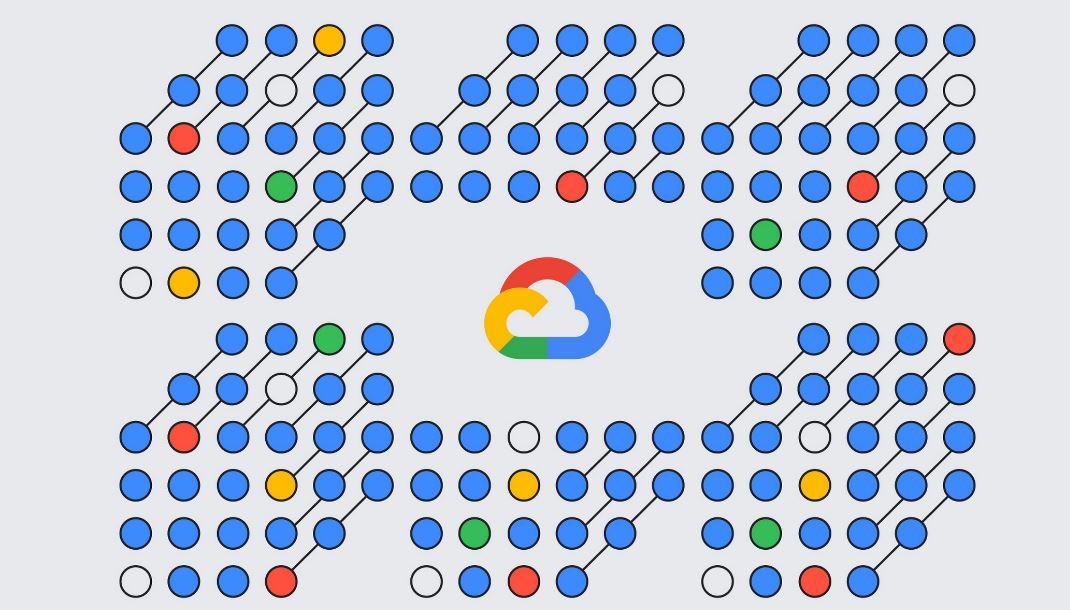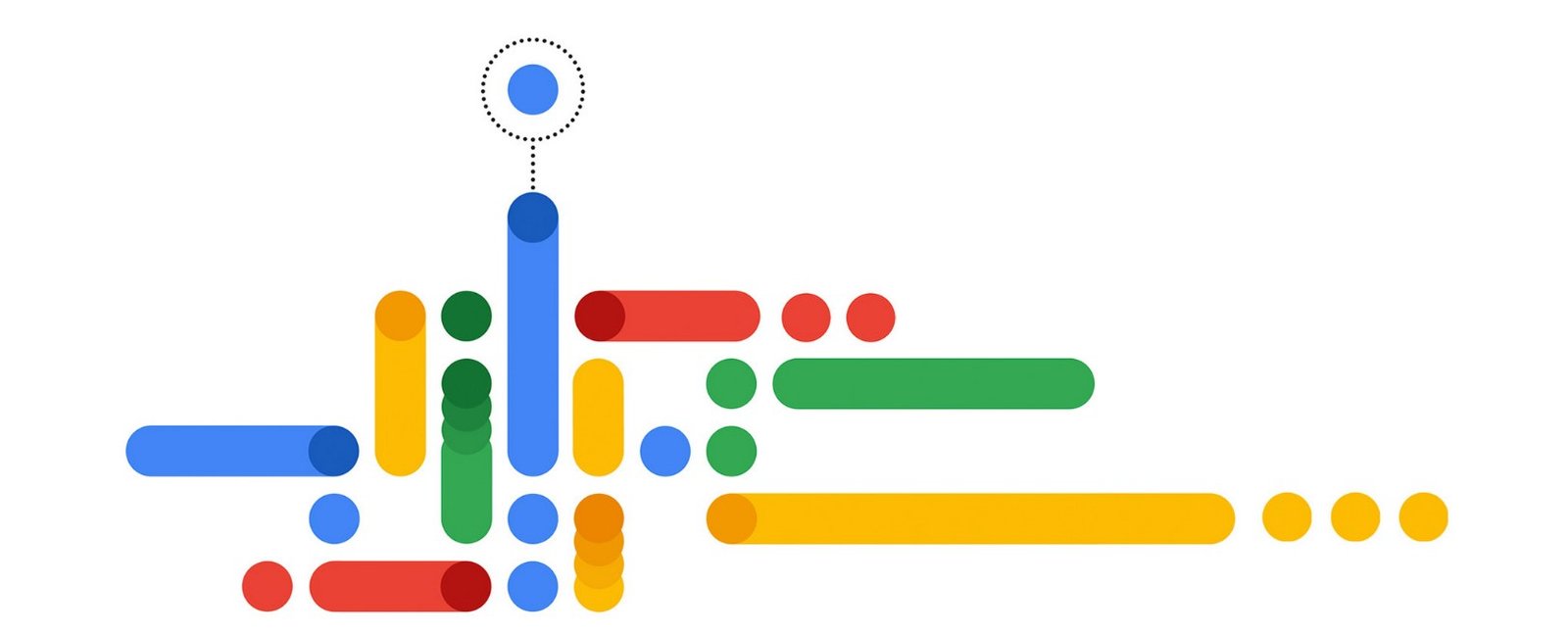Google App Engine (GAE) is a fully managed Platform as a Service (PaaS) on Google Cloud that enables developers to build, deploy, and scale web applications quickly and easily. GAE abstracts away the infrastructure, allowing developers to focus on writing code and not managing servers or networking. It supports various runtime environments, such as Python, Java, Node.js, Go, and PHP, and provides auto-scaling, high availability, and various other features.
Important topics, commands, and questions related to Google App Engine include:
- Runtime Environments: GAE supports multiple runtime environments, including Python, Java, Node.js, Go, and PHP. Developers can choose the runtime that best suits their application’s requirements.
- Standard vs. Flexible Environment: GAE offers two environments: the Standard Environment, which provides a fully managed experience with automatic scaling and fast deployment times, and the Flexible Environment, which offers more customization options and the ability to run any language or library.
- Application Deployment: Deploying an application to GAE is straightforward using the gcloud CLI. Developers simply need to run the following command:
Command: gcloud app deploy [app_yaml_file] - Services and Versions: Applications on GAE are organized into services and versions, allowing for independent scaling, deployment, and management of different components of an application. Each service can have multiple versions, enabling easy rollback and traffic splitting.
- Traffic Splitting: GAE allows you to split traffic between different versions of a service, enabling gradual rollouts, A/B testing, and canary deployments.
- Command: gcloud app services set-traffic [SERVICE_NAME] –splits=[VERSIONS_AND_TRAFFIC_WEIGHTS]
- Auto-scaling: GAE automatically scales the number of instances based on incoming traffic, ensuring that your application can handle fluctuating loads without manual intervention.
- Custom Domains and SSL: GAE supports custom domains and SSL certificates, allowing you to serve your application on your own domain with secure HTTPS connections.
- Command: gcloud app domain-mappings create [DOMAIN_NAME] –certificate-id=[CERTIFICATE_ID]
- Datastore and other Google Cloud services: GAE can be integrated with various Google Cloud services like Datastore, Cloud Storage, BigQuery, Pub/Sub, and more, enabling seamless data processing, analysis, and storage across services.
- Task Queues and Cron Jobs: GAE provides support for background tasks using task queues and cron jobs, allowing you to schedule and run tasks outside the scope of user requests.
- Monitoring and Logging: GAE is integrated with Google Cloud’s operations suite, including Cloud Logging and Cloud Monitoring, providing centralized monitoring and logging of your application and its components.
- IAM and Access Control: GAE supports Identity and Access Management (IAM), allowing you to manage access to your application and its resources.
- Billing and Quotas: GAE provides a free tier and pay-as-you-go pricing for various resources. Understanding the billing and quota model can help you optimize costs for your application.
- Local Development and Testing: GAE provides a local development server and SDK, allowing you to develop and test your application locally before deploying it to the cloud.
- GAE Best Practices: Following GAE best practices, such as organizing your application into services, using caching, and monitoring your application, ensures that your application runs efficiently, securely, and reliably.
- GAE Security: App Engine provides various security features such as automatic TLS encryption for custom domains, secure connections to other Google Cloud services, and IAM policies to control access to resources.
- Environment Variables: GAE allows you to set environment variables for your application, which can be used to store configuration information and secrets.
- Command: gcloud app deploy [APP_YAML_FILE] –set-env-vars=[KEY=VALUE]
- Memcache: GAE offers a distributed in-memory cache called Memcache that can be used to store and retrieve data quickly, reducing the load on your backend services and databases.
- Serverless VPC Access: Serverless VPC Access enables your GAE applications to access resources in your VPC network, allowing for secure communication with services such as Cloud SQL, Memorystore, or custom applications running on Compute Engine or GKE.
- Command: gcloud compute networks vpc-access connectors create [CONNECTOR_NAME] –region=[REGION] –network=[VPC_NETWORK] –range=[IP_RANGE]




